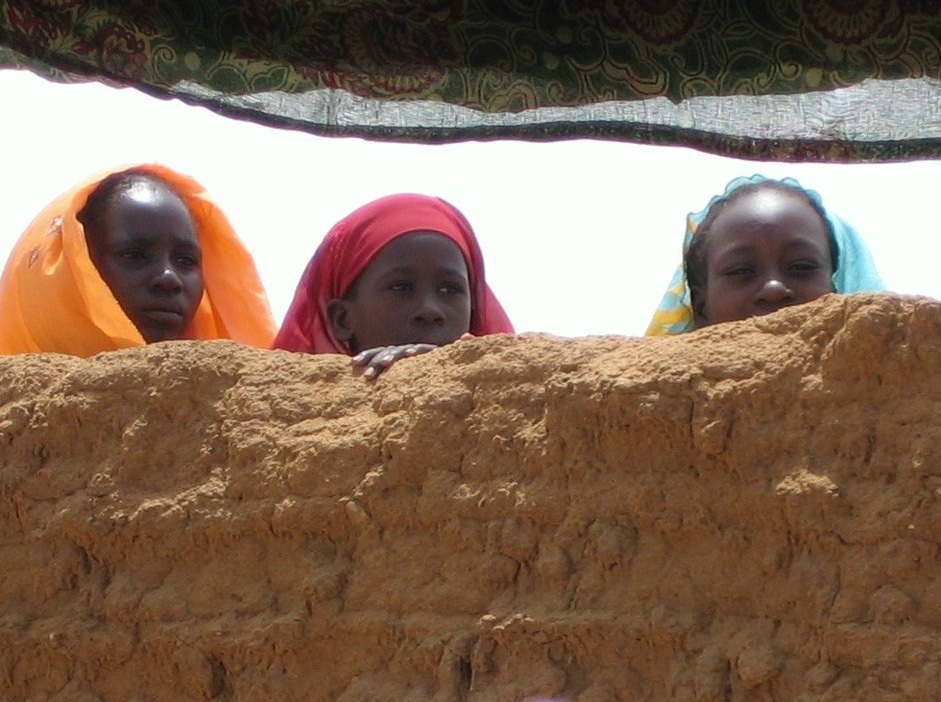
Sitting before the Senate Foreign Relations Committee on September 9, 2004, Secretary of State, Colin Powell, was taking his time getting to the question that everyone in attendance was waiting for him to answer. "And finally" he said, "there is the matter of whether or not what is happening in Darfur is genocide."
The U.S. House and the Senate had drawn their own conclusion on the question some six weeks earlier. Through a concurrent resolution, Congress had determined that atrocities being committed against non-Arab groups by the Sudanese government and their proxy militia force in Sudan's western region of Darfur did indeed constitute genocide. It was not the first time Congress had accused the Sudanese government of genocide. They had drawn the same conclusion back in 1999 with respect to the Sudanese government's actions during a brutal war in southern Sudan that resulted in the deaths of an estimated 2 million people. But if Powell were to make a determination of genocide in Darfur it would be unprecedented: the first time the executive branch had used the word "genocide" in relation to an ongoing conflict.
"When we reviewed the evidence compiled by our team, along with other information available to the State Department, we concluded that genocide has been committed in Darfur and that the Government of Sudan and the jinjaweid bear responsibility -- and genocide may still be occurring" said Powell.
Up until that moment, Powell had been studiously avoiding a growing chorus of reporters' questions about whether Darfur was genocide. He had been awaiting the results of an investigation that his staff had hoped would provide "clear evidence" of whether or not the label was applicable. It had turned out to be a false hope.
Read the full article on The Atlantic.









